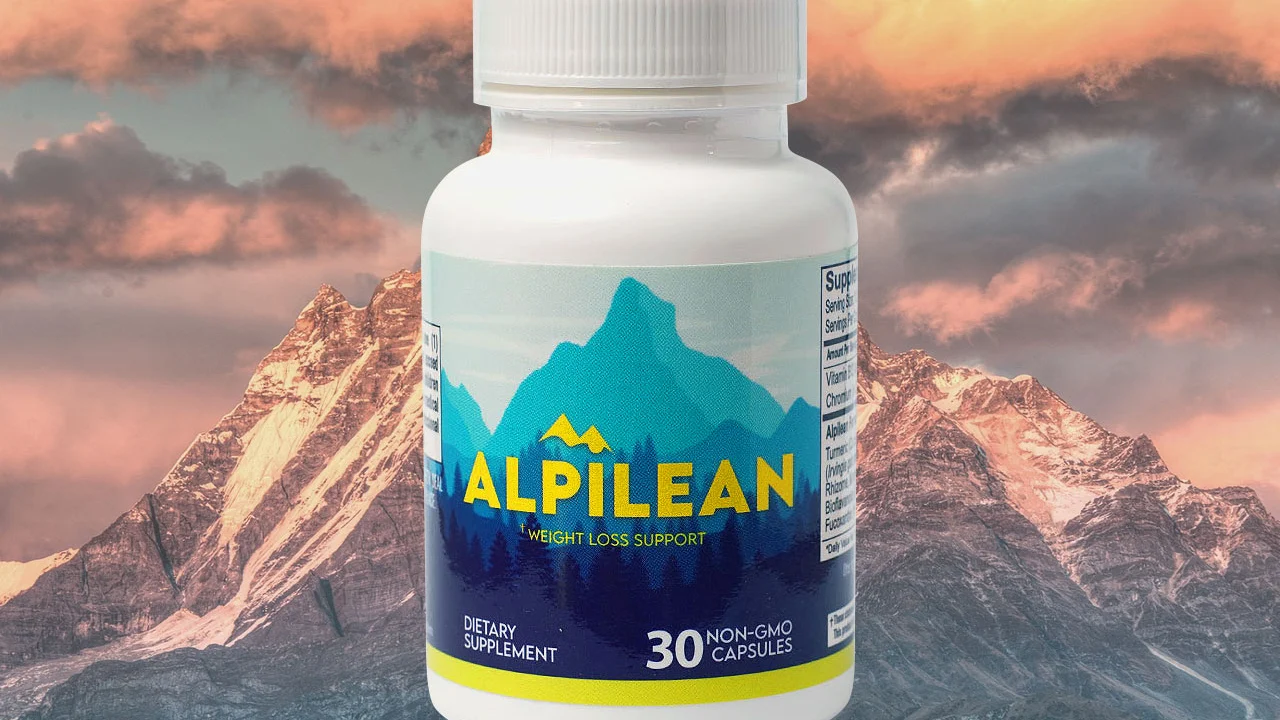Dietary Supplements: Practical tips for safer use and smarter buying
Millions use dietary supplements to fill gaps, boost recovery, or try natural options for heart, sleep, and inflammation. This tag gathers clear, no-nonsense guides on popular supplements (maqui, sour cherry, Abana, agave) and practical articles about buying and using them safely. Read fast, act smart, and avoid common mistakes that waste money or cause harm.
What to check before you buy a supplement
Look at the ingredient list first. Know the exact active ingredient and its dose per serving. Avoid products that hide amounts inside a "proprietary blend"—you should see how much of each ingredient you're getting.
Check for third-party testing. Labels from USP, NSF, or ConsumerLab mean the product was independently checked for purity and correct dosing. If a product has no testing and makes bold medical claims, be cautious.
Read warnings and interactions. Supplements can interact with prescription meds—blood thinners, blood pressure drugs, and antidepressants are common trouble spots. If you take regular medication, ask your clinician before starting anything new.
Know the vendor. Buy from pharmacies or brands with clear contact info, transparent ingredient sourcing, and customer reviews you can verify. For online shops, prefer those that require prescriptions for prescription-only products and use secure payment methods.
How to use supplements safely
Start small: take the lowest effective dose for a short trial. Watch for side effects like stomach upset, skin reactions, or changes in sleep. If you notice anything unusual, stop and check with a professional.
Timing and form matter. Some nutrients absorb better with food (fat-soluble vitamins A, D, E, K), while others are best on an empty stomach. Tablets, capsules, powders, and tinctures act differently—pick a form you’ll take consistently.
Avoid mega-doses unless a doctor prescribes them. More isn’t always better; high doses can harm the liver, kidneys, or interact badly with other meds. Pregnant or breastfeeding people should be extra careful—many herbs and extracts are not safe in pregnancy.
Store supplements as directed: heat, light, and moisture degrade potency. Toss expired bottles. Keep a list of everything you take and share it with your doctor before procedures or when starting new prescriptions.
Want focused reading? Check our guides on maqui and sour cherry for antioxidant uses, the Abana article for heart-focused herbal info, and pieces about buying medications and safety when ordering online. Use the tag list below to jump to specific articles—each one gives direct, actionable advice you can use today.
If you’re unsure about a product or claim, ask a pharmacist or a clinician. A short conversation can save money and keep you safe.

Achieve Peak Health with Alpine Ragwort: The Dietary Supplement You've Been Waiting For
As a fitness enthusiast who's always on the pursuit for ultimate health, I've stumbled upon a dietary supplement that's been a game changer. Let me introduce you to Alpine Ragwort, your ticket to achieving peak health. This blog discusses why this natural supplement is making waves in the nutrition industry, its health benefits, and how to incorporate it into your diet. Join me as we unravel the magic of Alpine Ragwort and take a step closer to optimal health.
read more




